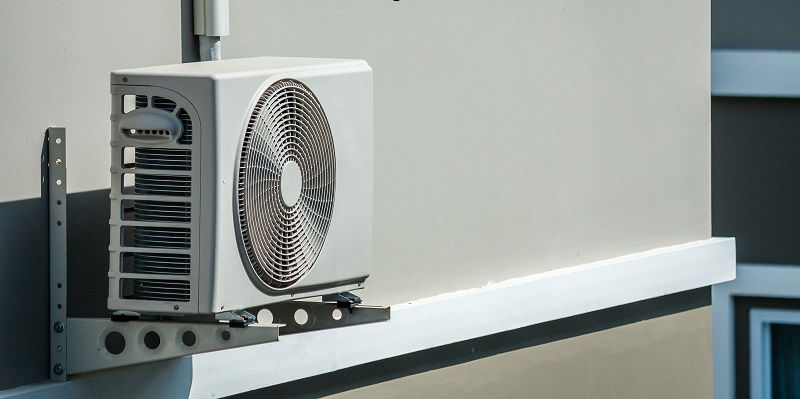In a significant move towards energy efficiency and sustainability, European data center provider AQ Compute is taking strides to transition its Norwegian data center to liquid cooling technology. As part of this shift, the company has made the decision to sell off unwanted air conditioning systems. This article explores the motivations behind AQ Compute’s move, the implementation of rear-door cooling, the delayed launch of the facility, the use of hydroelectric power, leasing plans for data halls, expansion of liquid cooling options, integration with a district heating system, and the hiring of plumbers for the liquid circulation system.
Unwanted Air-Conditioning Systems
Recognizing the importance of efficient cooling systems in data centers, AQ Compute has opted to sell off its unwanted air-conditioning systems. This strategic decision stems from the data center’s transition to liquid cooling, which offers superior energy efficiency and improved heat management. By divesting these systems, AQ Compute can invest in more sustainable and effective cooling solutions.
Implementation of Rear-Door Cooling
One of the key elements of AQ Compute’s liquid cooling approach is the implementation of rear-door cooling, attached to a water circulation loop beneath the data center floor. This setup ensures that all racks in the facility are equipped to efficiently manage heat. Rear-door cooling has proven to be a highly effective cooling method, increasing energy efficiency and promoting better thermal management within the data center environment.
Delay in Facility Launch
Originally scheduled to come online in 2021, the Norwegian data center experienced delays. However, with an anchor tenant, a high-performance computing (HPC) customer, set to arrive in December, the facility is poised to go live in January. With a gradual ramp-up, the data center aims to reach a capacity of 6MW by April, showcasing AQ Compute’s commitment to providing reliable services to their clients.
Power Source and Hydroelectric Dams
To ensure sustainable operations, AQ Compute has secured power from local hydroelectric dams, with one conveniently located just 800m from the data center site. By harnessing renewable energy sources, the company is reducing its carbon footprint and promoting environmentally friendly practices within the data center industry.
Leasing of Data Halls
To accommodate growing demand, AQ Compute plans to lease out subsequent data halls in 500kW increments. This flexible approach to leasing enables the company to scale its operations and cater to the evolving needs of its diverse clientele. The leasing strategy reflects AQ Compute’s commitment to expansion and raising the bar for data center infrastructure.
Expansion of Liquid Cooling Options
AQ Compute is dedicated to constantly improving cooling technologies in its data centers. As part of their future plans, the company is actively exploring other liquid cooling options, such as direct-to-chip systems, to further enhance cooling efficiency. By prioritizing innovation in cooling solutions, AQ Compute aims to create sustainable and high-performance environments for its clients’ critical IT infrastructure.
Integration with the District Heating System
One of the notable aspects of AQ Compute’s liquid cooling implementation is its connection to a district heating system. All cooling systems in the data center are part of the same water circuit, which can be externally linked to a district heating system on the Hønefoss site. This integration allows for the recycling of waste heat generated by the data center, minimizing energy waste and contributing to the heating needs of the local community.
Hiring Plumbers for Liquid Circulation System
In the process of installing the liquid circulation system, AQ Compute is actively seeking skilled plumbers. These professionals will play a crucial role in the implementation and maintenance of the complex liquid cooling infrastructure. The addition of plumbers to the data center staff will not only ensure the smooth operation of the cooling system but also promote job creation and potential staff growth by approximately ten percent.
AQ Compute’s decision to sell off unwanted air-conditioning systems and embrace liquid cooling technology in its Norwegian data center reflects the company’s dedication to energy efficiency and sustainability. The implementation of rear-door cooling, the utilization of hydroelectric power, the leasing of data halls, and the exploration of advanced liquid cooling options illustrate AQ Compute’s commitment to providing cutting-edge infrastructure solutions. Furthermore, the integration with a district heating system and the recruitment of skilled plumbers underscore the company’s holistic approach to responsible and efficient operations. As the data center industry continues to evolve, AQ Compute sets an example for others to follow by collectively prioritizing environmentally friendly and innovative practices.

